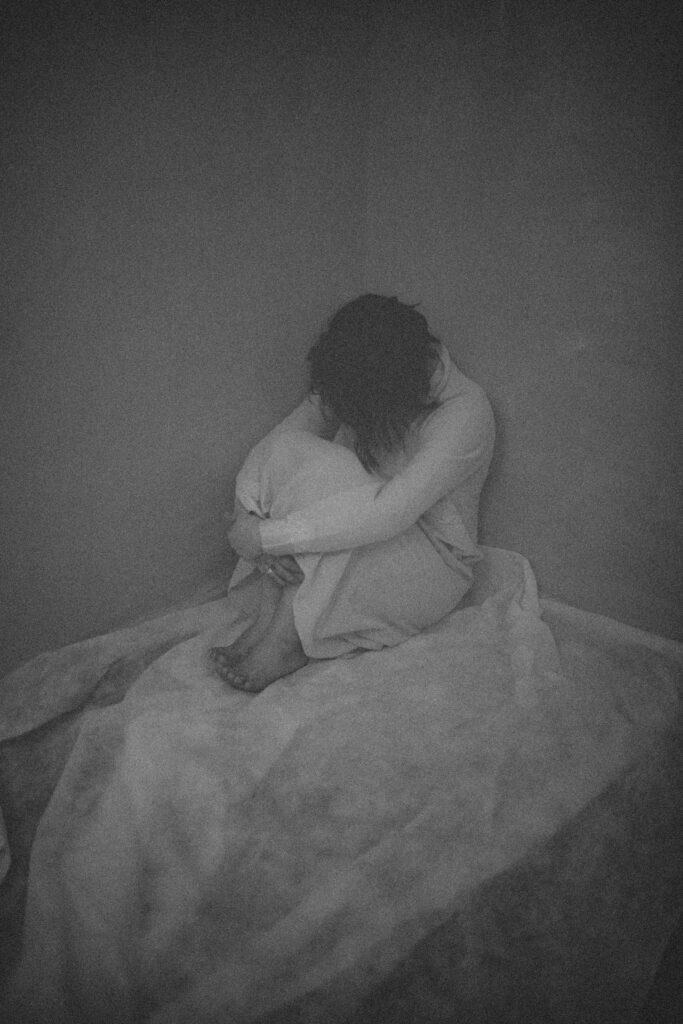What is Insomnia?
Insomnia, as most people know, is difficulty falling asleep or staying asleep. Remember that a certain amount of occasional sleeplessness is inevitable for everyone. Obvious things like a presentation the next day or extra coffee may inhibit sleep. Chronic insomnia may get diagnosed if you are having sleep problems three or more days a week for 2-3 months in a row. Insomnia has many residual issues and negative impacts for most people. Insomnia worsens focus and concentration, saps energy levels, hinders memory and recall, and can cause irritability and lower tolerance.
Where Does Insomnia Come From?
The cause and culprit for insomnia can be varied and many. In some instances, insomnia can originate from medical and physiological sources such as thyroid disorders, sleep apnea, GI issues, or reflux. Other sources could stem from certain medications (stimulants in particular), alcohol or drug abuse, or even just a lack of physical activity. Stress and mental health issues are some of the biggest causes of insomnia. Anxiety, depression, racing thoughts, and worry keep many people awake at night. For others, it may be environmental factors such as living in a city with traffic and noise, living near trains and railroads, dealing with jetlag, or working the third shift. Less obvious things could be cell phone blue light, a lack of sunlight exposure, or stimulating activities in bed such as reading or gaming, which may train you to be more alert instead of calm and relaxed.
How Do I Resolve Insomnia?
Knowing the underlying cause of insomnia will typically guide the best action. This may be treating a medical condition, changing medication, getting more exercise or resolving stressors. Many people are quick to turn to sleeping pills or naps during the day. These tend to disrupt our normal sleep cycle. In most cases, the best thing you can do is nothing. Our body and brain will typically revert to their regular pattern. Longer-term solutions may involve therapy or counseling to deal with stress, anxiety, or depression. Cognitive Behavioral Therapy (CBT) is particularly effective in resolving obsessive thoughts or ruminating.
Sleep hygiene is also good for remedying insomnia. This involves establishing and adhering to a routine designed to promote sleep. This includes sticking to the same bedtime nightly, regular exercise, limiting caffeine and nicotine (stimulants) to early in the day, not using the bed for reading or gaming, and keeping the bedroom at the right temperature. CBT-I, which is CBT for insomnia, is a proven technique with 80% efficacy. It tackles counterproductive behaviors and thought patterns and teaches the fundamentals of sleep hygiene.
If you would like help with insomnia, feel free to contact IPC so you can schedule an appointment with one of our psychiatrists or therapists. Please call us now at 763-416-4167, or request an appointment on our website: WWW.IPC-MN.COM so we can sit down with you and complete a thorough assessment and help you develop a plan of action that will work for you. Life is too short to be unhappy. Find the peace of mind you deserve.
To get more great resources, sign up for our newsletter, like us on Face Book, or follow us on Twitter.
Innovative Psychological Consultants
Peace of Mind You Deserve
Schedule An Appointment
"*" indicates required fields


